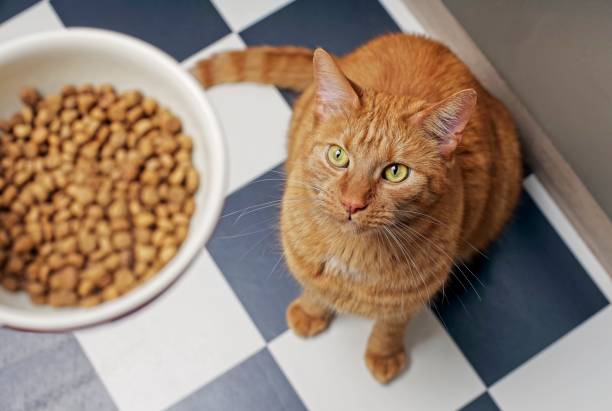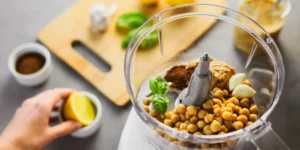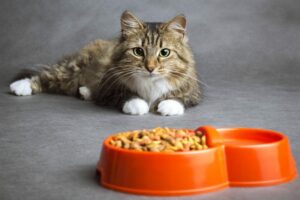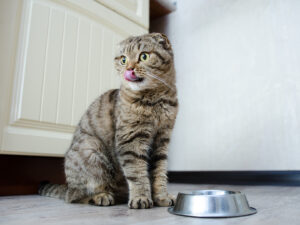to suggest
As loving cat owners, we always strive to provide the best for our feline friends. An important aspect of cat care is nutrition, and many pet owners turn to homemade cat food to ensure their furry companions receive the best possible nutrition. In this article, we’ll take a closer look at the essential nutrients your cat needs to maintain optimal health so you can create a balanced, home-cooked meal.
Proteins: building blocks
Cats are obligate carnivores, meaning their diet should consist mainly of meat. Protein is the building block of nutrition and is necessary for muscle development, immune function and overall vitality. When preparing DIY cat food, add a high-quality animal protein source such as chicken, turkey or fish. Aim for at least 40% of the total food ingredients to meet your cat’s protein needs.
Fat: energy and more
Fat is an important part of a cat’s diet and provides a concentrated source of energy. In addition, fat helps with the absorption of nutrients and supports healthy skin and coat. Add healthy fats, such as omega-3 and omega-6 fatty acids found in fish oil and certain vegetable oils. Aim for a fat content of around 20% in DIY cat food recipes.
Vitamins and minerals: essential
Like humans, cats require a variety of vitamins and minerals to maintain normal physiological functions. Calcium and phosphorus are essential for bone health, while vitamin A promotes vision and immune function. To ensure a complete meal, mix vegetables and supplements to meet your cat’s vitamin and mineral needs.
Taurine: unique needs
Cats have special nutritional needs for taurine, an amino acid crucial for heart health and overall health. Because cats cannot synthesize taurine on their own, it is crucial to include taurine-rich ingredients such as organ meats (liver, heart) in DIY cat food recipes.
Moisture is important
Proper hydration is often overlooked when preparing DIY cat food. Cats are known for not drinking enough water, so adding water-rich ingredients like canned tuna or wet cat food can help increase their overall fluid intake. Sufficient fluids support kidney health and help prevent urinary tract problems.
finally
Making homemade cat food can be a useful and rewarding endeavor for both you and your cat. By understanding the essential nutrients, you can ensure that your home-cooked meals meet your cat’s nutritional needs. Be sure to consult your veterinarian to tailor a prescription to your cat’s individual health needs. By paying close attention to nutrition, you can provide your beloved pet with a healthy, balanced diet that promotes a long and healthy life.



